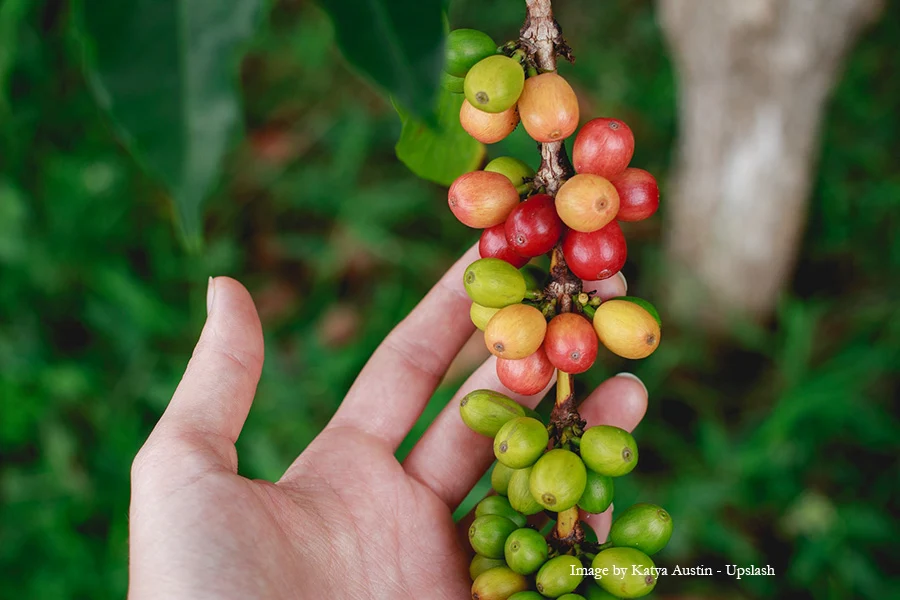Kopi Luwak is a coffee, also known as civet coffee, which has a unique and fascinating method of production.

For those of you unfamiliar with the ins and outs of the process, you might be wondering exactly why a particular type of coffee could cause so much intrigue.
Here's everything you need to know about this unorthodox product.This coffee is essentially partially digested coffee cherries that have passed through the gastrointestinal tract of an Asian Palm civet - hence the name civet coffee.
Asian Palm civets are small, nocturnal, cat-like mammals that inhabit tropical areas like rainforests in Asia and Africa.
These creatures are omnivores and feed off a diet of berries and fruits as their primary source of nutrients.
Coffee beans are found as seeds in the cherries of a small tree, and these cherries are part of the Asian Palm civet’s natural diet.
Once the animals ingest the cherries, the coffee beans transverse the internal organs by the processes of digestion and excretion. You heard us right - the coffee beans used in Kopi Luwak are collected from defecation!
How does it work?
It seems like a shocking thought to not only consider but actively seek out and use excreta in the process of making an edible product.
Many would perhaps find themselves put off by such a notion - but there are science and logic behind the process, and the role of the Asian Palm civet is fundamental in providing high-quality coffee.
The digestion of the coffee beans inside the mammal erodes the initial layer of the beans, reducing some of the acidity and caffeine level of the beans themselves, without fully breaking them down.
The combination of digestive enzymes and stomach acid working on the beans alters their physical composition and their flavour, as well as their natural aroma.
Civet droppings are routinely collected in the areas they inhabit, before being cleaned and used in the production of coffee.
Why does this make for great coffee?
Asian Palm Civets naturally select only the ripest and most delicious coffee cherries to eat, which has a massive impact on the taste of the eventually defecated bean.
This ensures from the get-go that only the highest quality products are used for Kopi Luwak coffee.
As the cherry moves through the civet’s system, the cherry is broken down around it, infusing more natural flavour into the bean - which is also being affected positively by the acids and enzymes through the removal of the inherent bitterness that often comes with coffee.
Kopi Luwak is an incredibly popular coffee for this reason; civet coffee is known for its smooth taste, as well as an aroma and flavour composition that can only be achieved through the biology of an Asian Palm civet.
This coffee type is rich in taste and history and is a much more ethical product than many of its competitors.
Most manufacturers of Kopi Luwak are more socially responsible with regard to making sure all parties involved in the process, farmers, and manufacturers (and don’t forget the civets!) are healthy and happy.
Free-range civets are used by farmers to collect the faecal matter, as this avoids the issues with diseases and weight problems that come with domesticating the civet cat.
The animals are treated humanely and fairly - and those who work in the industry are also given the same respect and courtesy.
This coffee is known for being a high-quality product, which people value for its taste and ethical components. If you haven’t tried it yet, you are missing out!
No comments
Post a Comment
I love to hear from everyone so thanks for taking the time to comment. Please note comments containing links will NOT be published.
Cheers
Jan